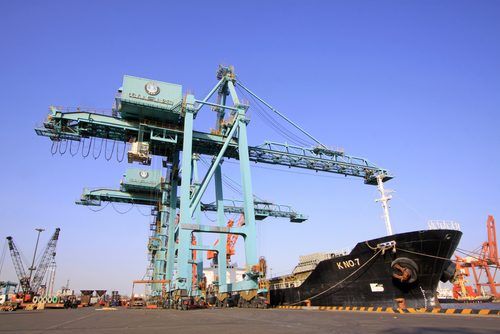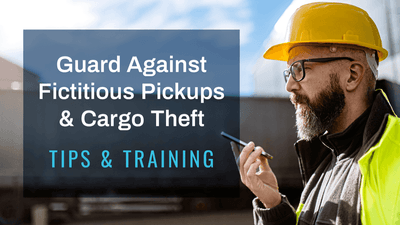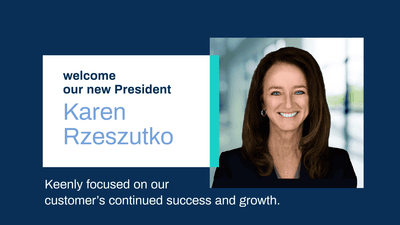June 25, 2016 | Industry Insights
Tianjin Explosion One Year Later: A Look at Port Safety and Dangerous Goods

As we approach the one-year mark of the massive explosions that took place at Tianjin Port in northern China last August, where 173 people were killed with hundreds more injured and more than 300 buildings destroyed, it’s critical that all those involved in the global supply chain continue to examine their operational practices and risk policies to prevent such a tragedy and loss from reoccurring. Recent reports indicate that the Tianjin incident generated property losses among insurers in Europe, the U.S., Asia and Bermuda of between $2.5 and $3.5 billion, representing the biggest insured loss of 2015. Moreover, it’s the fourth most costly man-made disaster ever in the insurance industry based on current estimates and adjusted for inflation.
What happened at Tianjin provides us with insight of how cargo packed, stored or handled incorrectly can cause widespread property damage and loss of life. At Tianjin, for example, it was found that an improperly stored chemical became too dry, ignited and set fire to nearby containers full of explosive substances. The chemical, nitrocellulose, is used in nail polish and lacquer. It was near containers of ammonium nitrate, a highly explosive chemical commonly used in fertilizers. Additionally, other port-related incidents reported in the last year, including in Santos, Brazil and in Vancouver, Canada, underscore the challenges both insurers and clients face in managing risks in an era of rapid globalization, which can result in fatalities, injuries, property damage and substantial disruption to the supply chain.
One of the key takeaways from the Tianjin event is that operators need to review their safety regulations, particularly relating to the storage and handling of dangerous goods, and ensure that compliance is taking place. All such fire incidents not only cause direct devastating outcomes but also expose a high level of supply chain vulnerability, since the resulting business interruption echoes through much of the trade economy. For example, the Tianjin explosion destroyed more than 10,000 Toyota, Hyundai, and Range Rover cars and prevented the shipment of others from nearby factories. In addition, a logistics center that processed much of the port’s paperwork suffered severe damage from the explosions, causing forwarders, haulers and other logistics players to deal separately with individual terminals. This put a strain on those terminals’ capacities to handle administrative tasks, according to a report by Resilinc, a supply chain technology firm.
Moreover, regardless of whether cargo is damaged or not, typically there are significant costs in sourcing or producing replacement cargo, as well as disposal and cleanup expenditures. There is also the cost of hidden losses, such as management time and distraction, and reputational damage.
How well are ports stepping up their safety efforts in storing and handling dangerous goods at ports and adhering to regulations? According to a recent article by TT Club, one of Roanoke Insurance Group’s partners, risk assessment surveys at ports over the last 12 to 18 months have found little adherence to segregation requirements for dangerous goods. At the international level, there are guidelines provided by the International Maritime Organization (IMO) as well as national regulations that must be followed but these aren’t necessarily being adhered to in every aspect. “While matters such as location, construction and size of facilities will almost invariably be regulated, it is important that there is appropriate recognition of requirements for dangerous goods, including things like the access and egress for emergency services or the management and containment of spills,” notes the article. “Sadly, the reality in many locations would seem to be that there may not be relevant facilities available to deal effectively with emergencies and more thorough risk assessments are needed. At its most basic, this should include appropriate training and full collaboration with local emergency services.”
It’s not only important for operators to review regulation and guidance, but also to promote a comprehensive safety culture throughout their organizations. The safety of workers, third parties and the communities nearby as well as maintaining the integrity of cargo and transportation infrastructure is vital to the success of the global supply chain. “It is perhaps time that the existing IMO recommendations are reviewed and some teeth added to bring about greater adoption at national level,” the TT Club article states.
Roanoke Insurance Group is a leader in providing insurance and risk management solutions for the transportation and logistics providers. To learn more about our insurance products and risk management strategies, please contact one of our professionals at 1-800-ROANOKE (800-762-6653).













